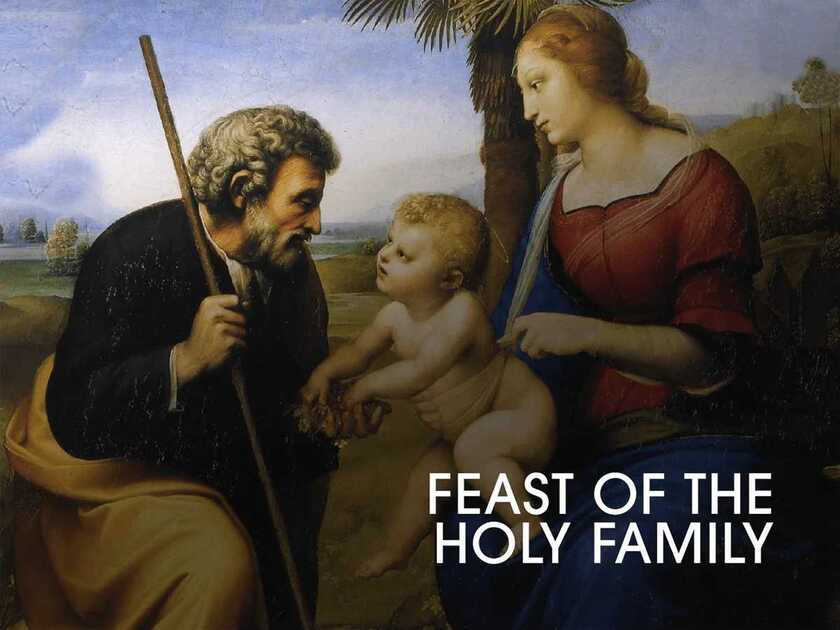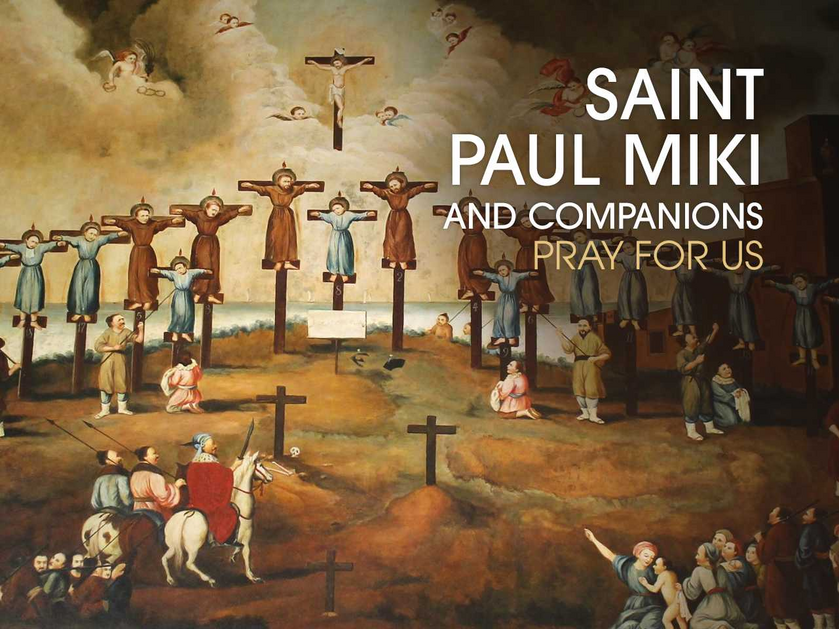Quote of the Day
"Remember the sufferings of Christ, the storms that were weathered... the crown that came from those sufferings which gave new radiance to the faith... All saints give testimony to the truth that without real effort, no one ever wins the crown."
St. Thomas Becket
Today's Meditation
“Let us pass on now to the other question—namely, what you can do to strengthen your resolutions and make them succeed? There is no better mean than to put them into practice. But you say that you are still so weak that, although you often make strong resolutions not to fall into the particular imperfection of which you want to cure yourself, no sooner does the occasion present itself than down you go. Shall I tell you why we are still so weak? It is because we will not abstain from food that does not agree with us. It is as if a person who wished to be free from pains in the stomach were to ask a physician what he should do. The doctor replies, ‘Do not eat such and such food, because it brings you pain’; and yet the person will not abstain from it. We do the same. For example, we should like to love reproof, and yet we obstinately cling to our own opinions. That is foolishness. You will never be strong enough to bear reproof courageously while you are nourishing yourself with the food of self-esteem. I wish to keep my soul recollected, and yet I will not restrain all sorts of idle thoughts: the two things are incompatible. Ah! How much I wish that I could be steadfast and regular in my religious exercises; at the same time I wish not to find them so trying—in fact, I want to find the work done for me. That cannot be in this life, for we shall always have to labor.”
—St. Francis de Sales, p. 97
St. Thomas Becket
Saint of the Day
St. Thomas Becket (1118-1170), also known as St. Thomas of Canterbury, was the son of a prosperous London merchant. Being a well-educated youth, he was appointed as clerk to the Archbishop of Canterbury, and was later made Archdeacon. In this role he met and became close friends with King Henry II of England. The King promoted Becket to the office of Lord Chancellor, and, when the Archbishop of Canterbury died, made Becket the new Archbishop in 1162, the most powerful ecclesiastical position in all of England. King Henry II supposed that having his close friend in such a position would enable him to enforce his will on the Church. However, in his new role as priest and archbishop, Thomas Becket experienced a religious conversion and transferred his ultimate allegiance to the Church. This led to frequent conflicts over the rights of the Church between the King of England and the Archbishop of Canterbury, resulting in Becket's exile. When Becket returned to England, he was murdered by four knights, the king's lackeys, as he was offering Mass at the Canterbury Cathedral altar on December 29, 1170. St. Thomas Becket's feast day is December 29th.
The Holy Family
Feast Day
Jesus and his mother, the Blessed Virgin Mary, and his earthly guardian, protector, and foster-father, St. Joseph, make up the Holy Family. God was made incarnate into the embrace of the human family, and the majority of Jesus’ earthly life was spent in the quiet happiness of domestic life with his mother and father. This sacred time, known as the “hidden life” of Jesus, is one of which we know little from Sacred Scripture. The feast of the Holy Family is celebrated on the Sunday within the octave of Christmas. If Christmas falls on a Sunday, the feast of the Holy Family is celebrated on December 30th.






















